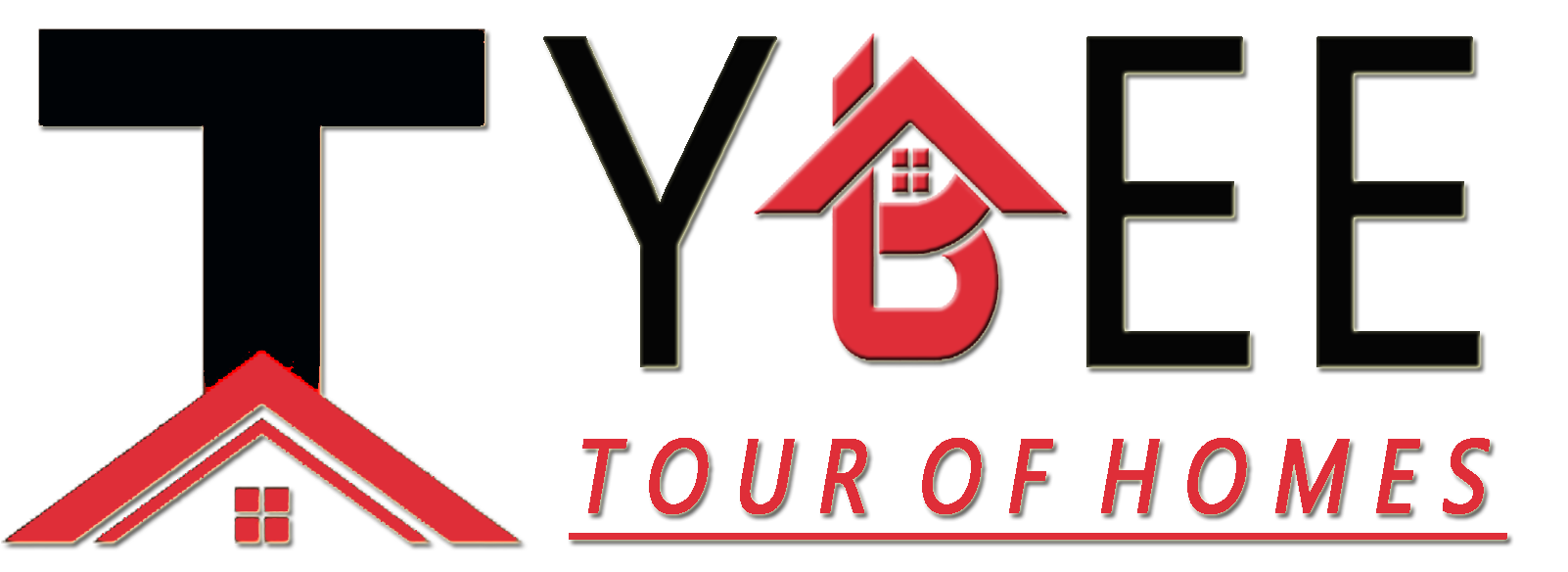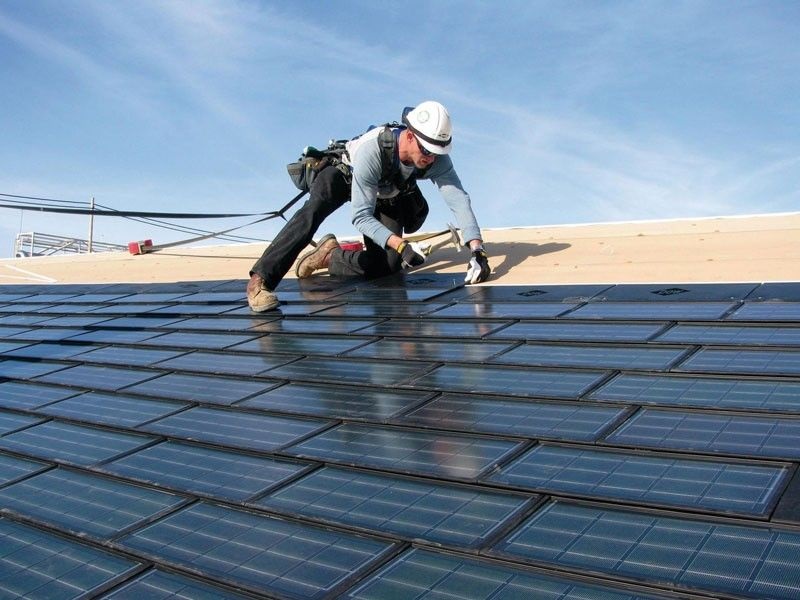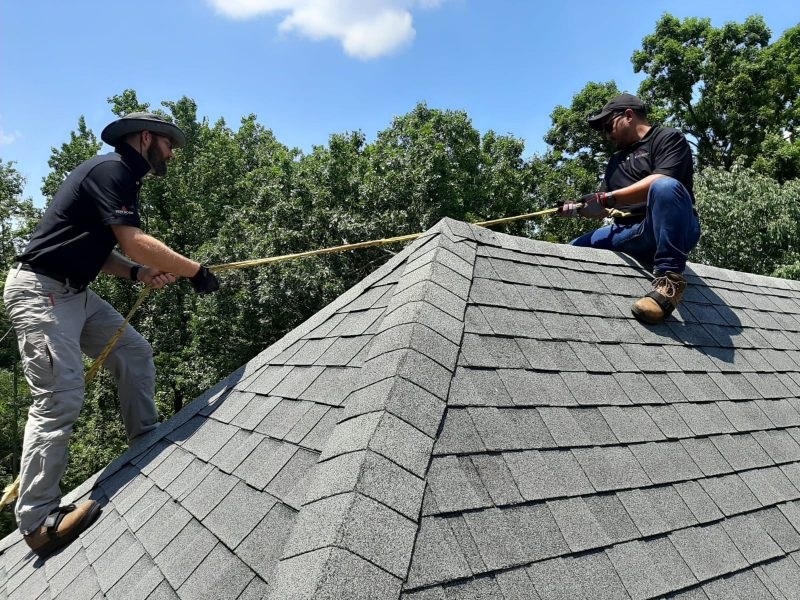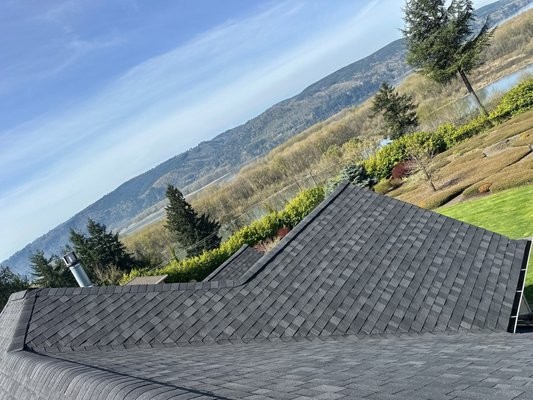Key Takeaways
- Before deciding who to hire, balancing a contractor’s real-world experience, up-to-date credentials, and honest customer reviews is crucial.
- Preparing a list of meaningful questions protects property owners from unexpected issues and ensures each contractor’s promises are realistic.
- Thoroughly comparing multiple project estimates gives valuable insight into the range of services and pricing available in the industry.
- Verifying proper insurance, current licenses, and the availability of warranties is non-negotiable for avoiding financial and legal headaches.
- Using reputable, unbiased industry resources makes homeowners feel confident, empowered, and fully prepared for a roofing project.
Table of Contents
- Why It Matters: Making Smart Contractor Choices
- Top Signs of a Reliable Roofing Contractor
- Questions You Should Always Ask
- How to Compare Roofing Bids
- Verifying Credentials, Insurance, and Warranties
- Avoiding Common Mistakes
- Staying Informed with Industry Resources
- Final Thoughts: Confidence for Your Next Roofing Project
Why It Matters: Making Smart Contractor Choices
A strong, properly installed roof protects your property against severe weather, moisture intrusion, and long-term structural issues. However, selecting the right roofing contractor is often more challenging than it first appears. Property owners can feel overwhelmed by many companies offering different materials, warranties, timelines, and pricing. Simply performing a quick online search or trusting a neighbor’s recommendation isn’t always enough to ensure reliable service. Choosing the best professional requires careful research—reviewing credentials, verifying insurance coverage, reading customer testimonials, and checking licensing or manufacturer certifications. It’s equally important to ask direct questions about timelines, materials used, subcontractors involved, and how unexpected problems are handled. Taking time to thoroughly vet contractors helps avoid costly mistakes and ensures the job is done correctly the first time.
Many homeowners start by consulting resources dedicated to expert roofing services to make the best decision possible. These guides offer practical advice on what to look for in a quality roofer, what red flags to avoid, and the long-term implications of cutting corners. Ultimately, taking the time upfront to find a contractor with the right skills, attitude, and references pays off. Not only do you enjoy peace of mind, but you also avoid financial surprises, delays, or costly repairs caused by subpar artistry.
Top Signs of a Reliable Roofing Contractor
- Reputation and Track Record:A competent contractor isn’t shy about sharing their history—photos of completed projects, genuine referrals, and enthusiastic client testimonials all signal a job well done. Online reviews are a gold mine of insights in today’s digital age. Look for consistent praise regarding punctuality, problem-solving skills, and overall result satisfaction. Steer clear of contractors with vague or inconsistent public feedback.
- Clear and Honest Estimates:A transparent contractor submits a written proposal that leaves nothing to guesswork. Each cost should be detailed, from roofing materials to labor and permits. Ambiguous language or unclear “additional fees” may be a red flag for unexpected price hikes or hidden charges.
- Professionalism and Communication:Professional roofers are recognizable by more than branded vans or uniforms. They respond quickly to calls, clearly explain processes, and outline any issues impacting schedule or cost. Their crews behave respectfully on-site and follow safety protocols, reducing the risk of injury or damage.
- Established Local Presence:Roofing contractors rooted in your community understand the local regulatory landscape and unique climate challenges. They’re familiar faces, less likely to disappear after collecting payment and offer reassurance if problems surface months or years later.
- Licensing and Insurance:These basic requirements should never be negotiable. Proper insurance protects both you and the contractor in the event of worksite accidents, while licensing is proof of meeting minimum industry standards.
The U.S. Environmental Protection Agency recommends verifying such credentials before work begins, noting that reputable professionals treat transparency as non-negotiable. Prioritizing these traits forms the foundation of a successful roofing experience.
Questions You Should Always Ask
Great results begin with thoughtful inquiry. Don’t hesitate to put contractors in the hot seat—after all, it’s your investment on the line. Use pointed questions not as a courtesy but as an essential screening tool. For those uncertain about where to start, consider the following:
- How many years have you specialized in roofing, and what makes your team stand out?
- Do you have recent references or past projects I can view in person?
- Can you provide documentation for general liability and workers’ compensation insurance?
- What type of written warranty accompanies your work, and would you walk me through the details?
- How will you inform me about any unexpected structural problems or delays during installation or repair?
Recording answers helps you objectively weigh competing bids later. Professionals should answer confidently and never hesitate to back up statements with paperwork. If you sense reluctance, consider it a warning sign. Often, the contractors are at ease with scrutiny and deliver the most reliable results.
How to Compare Roofing Bids
It’s common to feel discouraged by wildly differing quotes, yet this step is where attention to detail saves money and frustration. Never rush through this stage. Instead, compare at least three detailed, written proposals, paying special attention to key categories:
- Specified Materials:Top contractors use high-grade shingles, underlayment, and sealants from brands with proven track records. Some estimates may substitute off-brand materials to cut costs; always ask for clarification.
- Installation and Preparation:Bids should outline what’s included: removal of the old roof, surface preparation, ventilation, flashing, and cleanup. Incomplete work descriptions are often the culprit of surprise costs mid-project.
- Timeline, Guarantees, and Scope:Review when work is expected to start and finish, contingencies for bad weather, and whether post-project site cleanup is guaranteed. A clear payment schedule with logical milestone-based installments is a positive indicator.
Research from Forbes Home reinforces that clear documentation and detailed estimates are two factors you should never compromise on. Follow up for clarification when in doubt—ambiguity is the enemy of successful renovations.
Verifying Credentials, Insurance, and Warranties
Seeing a certificate or badge on a contractor’s website may offer peace of mind, but it shouldn’t replace proper due diligence. Always request proof of insurance and licensing in writing and take the extra step to verify these documents with your state or local regulatory agencies. This confirms the contractor’s legitimacy and ensures you’re covered if something goes wrong. A responsible contractor will review all warranty terms with you, explaining precisely what is covered, for how long, and under what conditions. If any part of the warranty includes vague language or exclusions—like high wind damage or water pooling—don’t hesitate to ask for clarification before signing anything. Contact the insurer directly to confirm the policy is active and in good standing when possible. Insist on receiving a copy of all warranty documents in writing and storing them safely for future reference. These proactive steps aren’t just smart—they protect against unforeseen events, including accidental property damage, material failures, or improper installation. It’s about safeguarding your investment for the long haul.
Avoiding Common Mistakes
- Don’t sign or pay without reading every word.Skimming through contracts or invoices leaves homeowners vulnerable to hidden fees and unclear terms. Ask for time to review all documents before committing—trustworthy contractors will not pressure you.
- Document every detail—no exceptions.From payment terms to product selection, keep written, dated records. Misunderstandings are easier to resolve when expectations are spelled out from the start.
- Beware of “storm chasers.”After bad weather, out-of-town contractors may flood the area, promising quick fixes. Be extra cautious—insist on a physical office address, documentation of local projects, and current licenses.
- Monitor progress and request updates.Remain involved even after work begins. Frequent check-ins prevent costly mistakes and keep contractors accountable. If changes occur, request updated documentation promptly.
Staying vigilant throughout your project—from vetting to final inspection—means fewer regrets and better long-term results.
Staying Informed with Industry Resources
Roofing is constantly evolving, shaped by ongoing advances in energy-efficient materials, changes in building codes, and innovative installation techniques. Staying informed about these developments is essential for homeowners and property managers, ensuring better decision-making throughout the roofing process and beyond. Trusted industry organizations, such as the National Roofing Contractors Association (NRCA), provide valuable resources, including expert advice, updates on the latest best practices, and unbiased guidance to help you navigate your options. Beyond professional associations, engaging in local homeowner workshops, subscribing to specialized newsletters, and participating in online forums can deepen your understanding of roofing trends and technology. These activities also serve as early warning systems against scams or predatory contractors, safeguarding your investment. Committing to continuous education empowers you to become a more confident and informed consumer. This knowledge enables you to ask pertinent questions, evaluate contractor proposals critically, and ultimately insist on high standards of artistry and professionalism. Staying proactive in this way protects your home and your wallet.
Final Thoughts: Confidence for Your Next Roofing Project
Hiring the right roofing contractor isn’t about chance—it’s a matter of doing your homework. Rather than rushing into a decision, take the time to evaluate each candidate thoroughly. Start by reviewing licenses, insurance coverage, certifications, and references. Ask detailed questions about their process, timeline, and how they handle unexpected issues. Prioritize companies that demonstrate transparency and are willing to walk you through each step. A contractor with a proven track record and adherence to industry-recognized standards offers more than just a finished roof—they provide peace of mind. If unsure where to begin, consult expert roofing resources or guides from reputable trade associations. These offer valuable insights into what to look for and what to avoid. Also, seek input from others in your community who’ve recently completed similar projects. Most importantly, don’t let urgency override your decision-making. An informed, deliberate choice today can mean fewer headaches tomorrow and a roofing solution that protects your home and budget for years.





